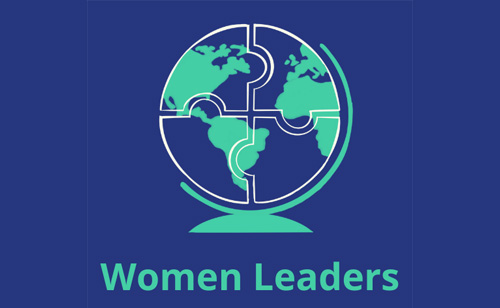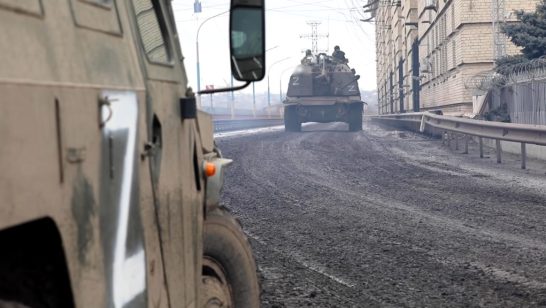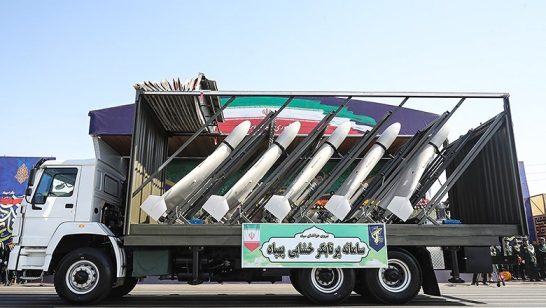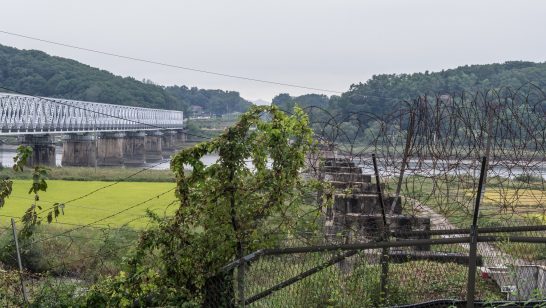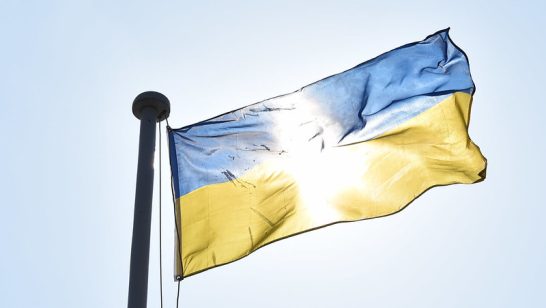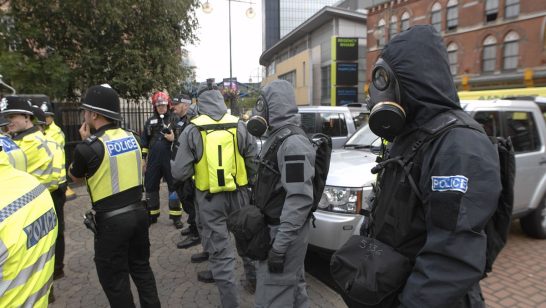
The alleged use of chemical weapons in Ukraine: How the international community can investigate
Ahmet Üzümcü, Senior Network member and former Director General of the Organisation for the Prohibition of Chemical Weapons (OPCW) during the elimination of Syria’s chemical weapons stockpile, outlines the steps the international community can take to investigate allegations of chemical weapons use by Russia in Ukraine.

